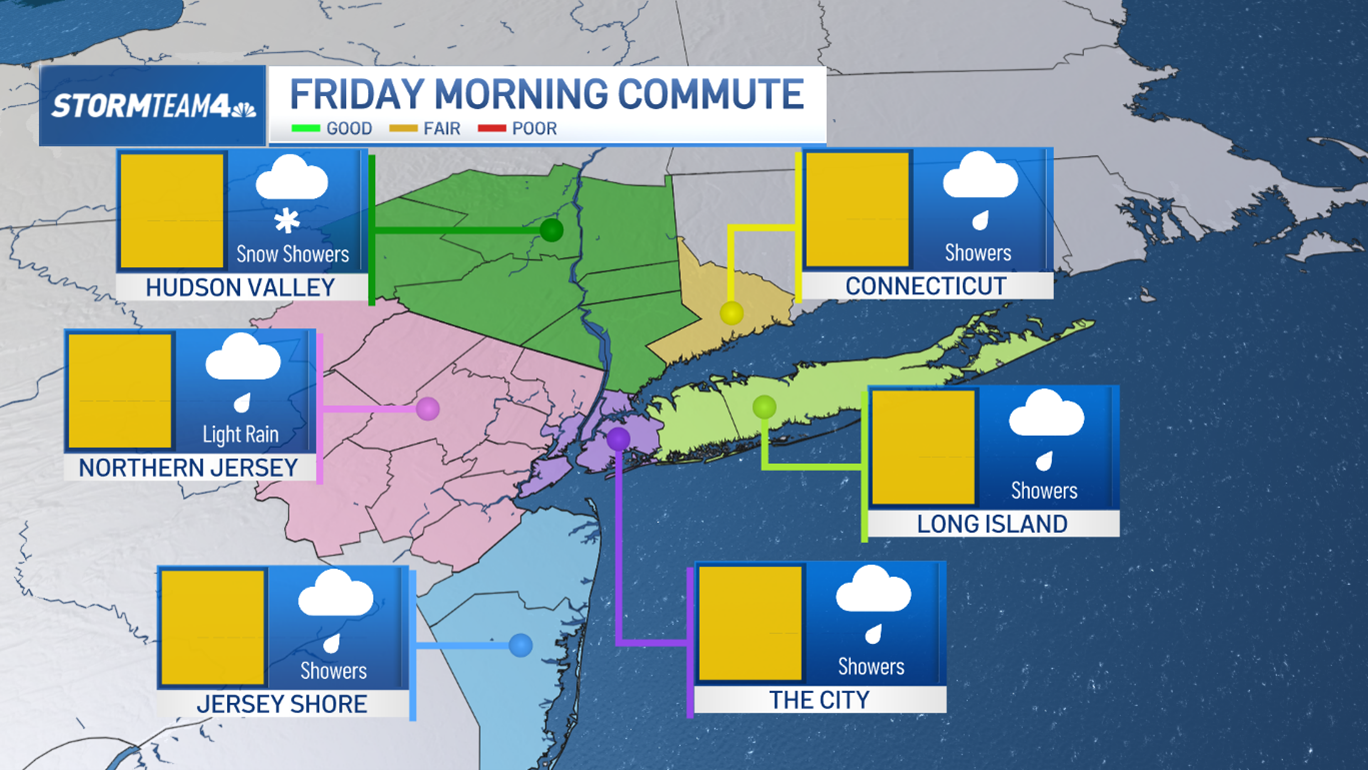What to Know
- Private property protection laws prevent the city from going in to drain abandoned pools even when owners can't be found
- One local official has called for a City Council hearing into the matter
- Health officials have said they've been monitoring populations of the insect and applying pesticides to keep mosquito-borne diseases at bay
Concerns about mosquito-born diseases like Zika may be driving a spike in complaints about abandoned, zombie-like swimming pools, an I-Team investigation has found.
New York City residents made 491 complaints to the city's 311 system about standing water festering in swimming pools between June 15 and Aug., 12, which marks a 117 percent increase over the 226 complaints that came in during the same time period last summer.
When pools aren't routinely cleaned, stagnant water can become prime mosquito breeding territory.
Most of the complaints about zombie pools are on Staten Island, where yards are big enough to accommodate swimming pools.
Annette Aiuvalasit, of New Dorp, said after a bank began foreclosing on a neighboring house, the home's in-ground pool was forgotten and left to fester.
"I don't want to be at risk for Zika virus. And I have babies, you know, grandchildren that come here," Aiuvalasit said.
Local
In light of the I-Team findings, Councilman Joe Borelli (R-Annadale), has called for a City Council hearing to discuss ways health inspectors can keep zombie pools in check.
"We really need the City Department of Health to come up with a better policy than they already have," Borelli said.
Because of private property protections in state law, city health inspectors do not take the liberty of draining abandoned pools even when owners cannot be located. At best, they toss tablets of larvicide into swampy pools.
The health department didn't immediately respond to the I-Team's request for comment.
Earlier this summer, officials in Woodbridge, New Jersey, drained and demolished two pools at vacant properties out of concern for mosquito risk.
"We've seen other municipalities around this region take measures to be able to drain pools," Borelli said. "It goes back to the notion of, look, the city is giving you a license, a permit to build your pool. With that license comes responsibilities, and if you're not able to maintain those, the city should have a right to kind of renege it and take measures in the most extreme cases."



